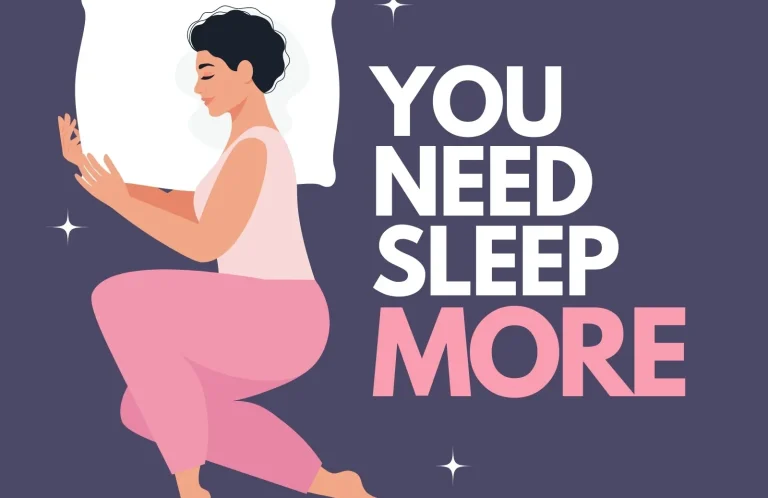Rewriting Health: Tech, Equity & Innovation
Data. Diagnosis. Disruption.

Equity in AI Healthcare: Addressing Multilingual Access and Cultural Misunderstanding
This paper looks into how healthcare AI tools today such as voice assistants and symptom checkers, struggle to help people who speak rarer languages. This issue causes major problems like miscommunication wrong diagnoses, and unequal healthcare services. Using real-life examples, it points out the cultural and technical challenges that limit the success of AI in places where multiple languages are spoken. It also reviews new ideas like better language models wearable devices, and input from groups of users that could help make healthcare AI work better for a wider range of people.642ee984-6df1-4f5b-92dd-1a49f801bec4

Wired for Pain: Exploring the Neurological Effects of Phantom Vibration Syndrome in Healthcare Workers
This paper looks into Phantom Vibration Syndrome (PVS), which is a brain-related issue where people sense fake phone vibrations. It's something healthcare workers often notice. The research focuses on how always being connected to devices dealing with pressure, and handling too much sensory input in medical environments contribute to these false sensations. Using information from brain science, workplace health, and behavioral research, the paper suggests PVS is not just a small annoyance. It shows signs of deeper mental exhaustion and burnout. By using real-world data and earlier studies, this work emphasizes the importance of accepting PVS as a genuine health issue tied to medical jobs.f245c6e9-518c-4f21-ba6b-9d42b0f0d30b

The Impact of Sleep Deprivation on Mental Health in Minority Adolescents
This research focuses on understanding how not getting enough sleep affects the mental health of minority teens those struggling with financial problems and limited access to care. Researchers used both surveys and statistical analysis to show a clear connection between poor sleep and higher levels of mental distress. The study also shows that socioeconomic challenges and expensive healthcare block many teens from getting the mental health support they need. The results stress the need to come up with fair solutions that tackle both sleep issues and larger gaps in the healthcare system.6c2f0abb-6fe2-4a74-bf03-c185ca4678a6
We need your consent to load the translations
We use a third-party service to translate the website content that may collect data about your activity. Please review the details in the privacy policy and accept the service to view the translations.